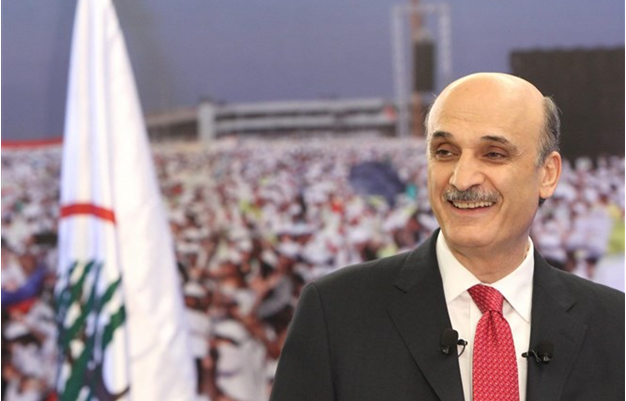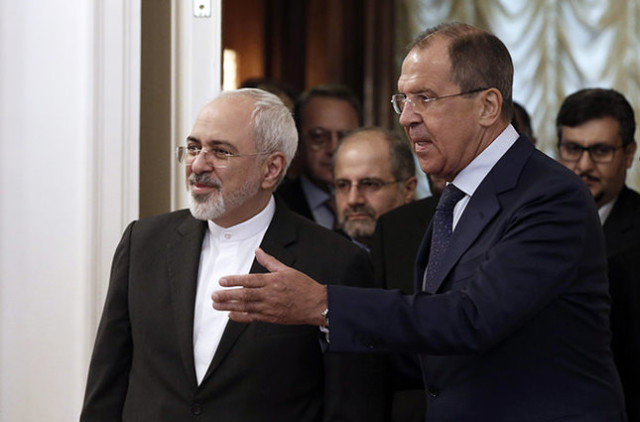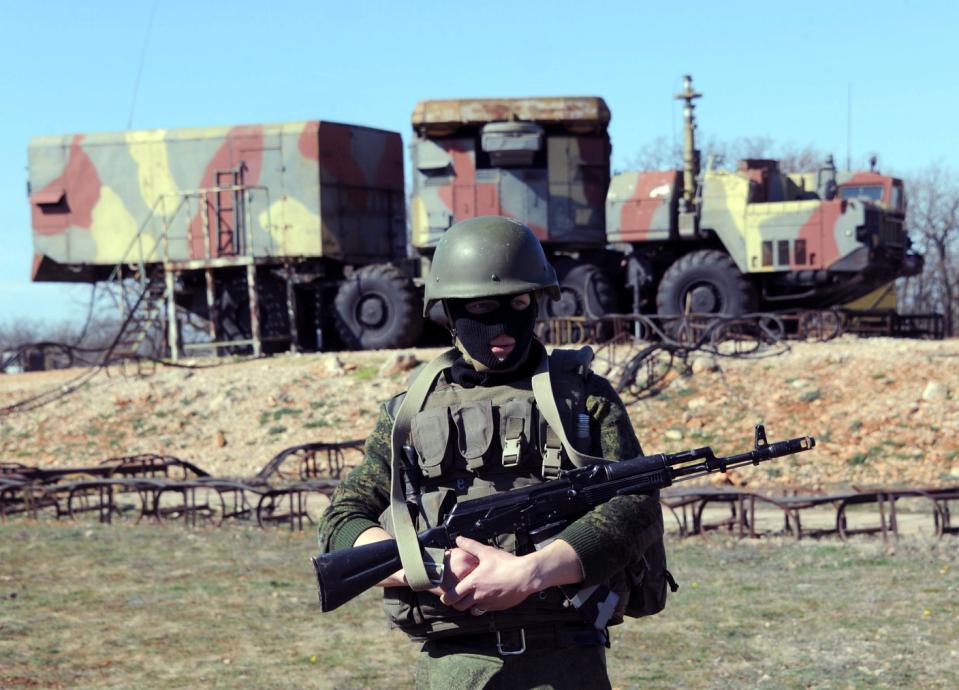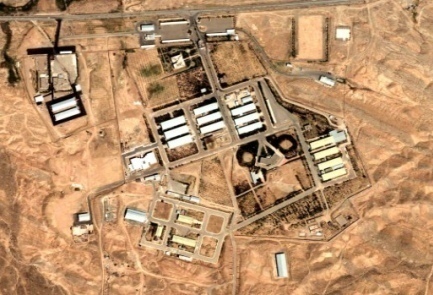Lebanese Christian Politician Attacks Israel
Noted Israeli-Canadian scholar Dr. Mordechai Nisan’s, latest book, War and Politics in Lebanon, reveals that very few Lebanese Christian politicians and commanders had a high level of ethics. See “Engimatic Lebanon”, in the September 2015, New English Review. Those who didn’t lust after power were few. Some were powerless like Charles Malek and Fuad Bustany. Others are dying like Antoine Lahd. Or are in exile such as Etienne Sacr. Nisan cites the example of Christian leaders, like Michel Aoun who have opted to form alliances with Iran and its proxy Hezbollah. Another Nisan also drew attention to is Samir Geagea, leader of the Lebanese Forces political party. Nisan wrote, “Aoun and Geagea .. both tore Maronite unity into shreds and bloodshed.”
Geagea led the Lebanese Forces Christian militia from 1985 to 1990 in full alliance with Israel. That was before he was jailed by the Syrian-backed regime in 1994 for eleven years for “assassinations of Lebanese citizens”.
Now Samir Geagea has apparently made a major ideological and strategic change of direction. In a surprising statement issued yesterday, Geagea attacked “the aggressive Israelis for their violence against Palestinians, and Israel’s suppression of Muslims and Christians in Jerusalem.” Contrast this with his earlier condemnation of Hezbollah in the January 2015 attacks by Hezbollah the killed two IDF soldiers near Mount Dov near the Lebanese border. The Algemeiner reported Geagea saying at the time: “Hezbollah has no right to implicate the Lebanese people in a battle with Israel. There is a government and a parliament which can decide on that.”?
This statement didn’t appear out of the blue. Geagea and his wife MP Setrida Geagea had just returned from a visit to Qatar; a major supporter of the Muslim Brotherhood and Hamas. The visit took place after sources revealed that Geagea’s political party went in quest of funding. He had received Saudi petrodollars in the past, according to wikileaks.
However, the pro-Muslim Brotherhood and pro-Hamas attitude of Geagea isn’t of recent origin. He dispatched a member of his party’s political bureau, MP Antoine Zahra, to Gaza in support of Hamas. Geagea supporters argue that he needs to play the Sunni card to create a balance with Hezbollah and Iran. Lebanese Christian sources dismiss the Sunni Shia reason. They say, “Geagea could have kept his connections to moderate Sunnis like Sa’ad Hariri. However, he openly allied himself with Qatar, the Muslim Brotherhood and Hamas which is a huge mistake. It is about Petrodollars of course.”
Waging an attack on Israel to buy credit among Islamist fundamentalists is not a Geagea invention. Before him, another Lebanese Christian leader General Michel Aoun who fought Assad in 1989 and went into exile for 15 years, reversed his position upon his return to Lebanon in 2005. He openly sealed an alliance with Hezbollah. Aoun engaged in a decade long alliance with Assad, Hezbollah and Iran. Thus the two most powerful Christian politicians, who have fought the radical Islamists and Iran in the past, have become allies to the Jihadists, both Sunnis and Shia. All to the surprise of veterans of both the Lebanese Forces militia and the Lebanese Army.
In the 1980s, another former commander of the Christian militia, a close ally of Israel, Elie Hobeika, also reversed course and shifted from being anti Assad to becoming an ally of the Syrian regime in 1985. He was attacked by both Geagea and Aoun in 1986 and removed from East Beirut. Ironically Geagea and Aoun, years later also abandoned their Lebanese Christian legacy to become allies with either Hamas or Hezbollah.
A Lebanese Christian scholar living in Beirut, who knew both Aoun and Geagea, said “this is a sickness of power. We haven’t seen anything like that when Bashir Gemayel was alive. Geagea and Aoun are power hungry. They abandoned their people and are aligning with radicals just hoping one day they will snatch the supreme office of President of the Lebanese Republic. This is disgusting. We blame Geagea more, because he once led a force that was the heart of the Lebanese Christian resistance. He knew better, his betrayal is bigger.”
Geagea, we note, fell short of the 65 Parliamentary votes needed in the April 2014 election to succeed Michel Sleiman’s term as the Maronite President in the confessional political system. He only got 48 votes.
EDITORS NOTE: This column originally appeared in the New English Review. The featured image is of Samir Geagea Christian Lebanese Forces political leader.





